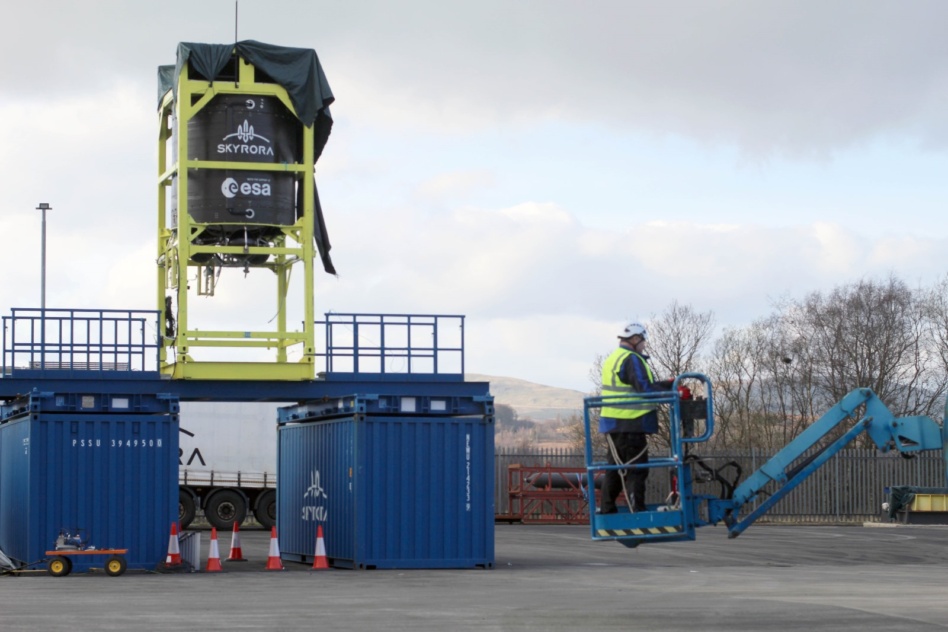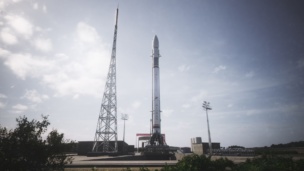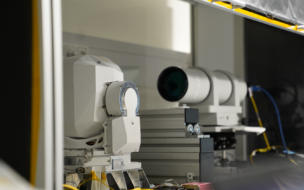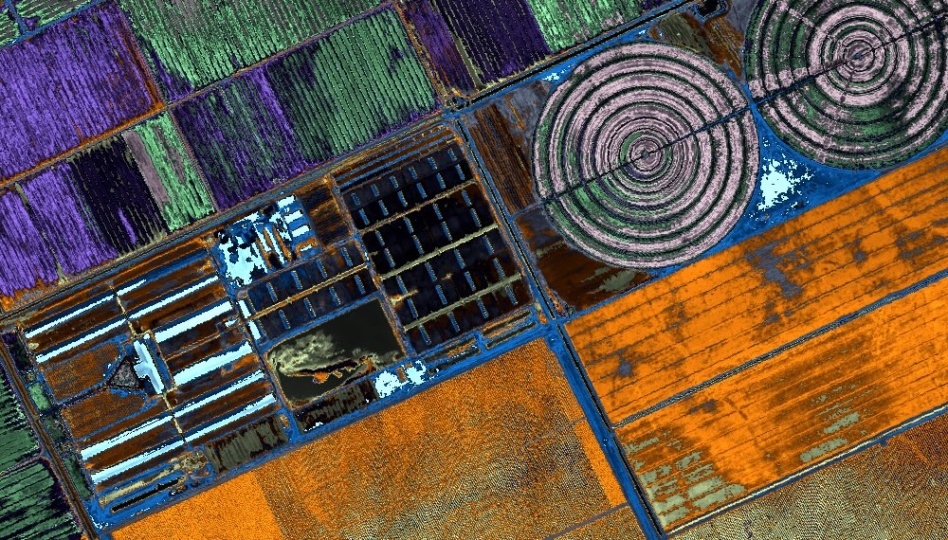UK launch company Skyrora, in partnership with Viasat and CGI, completed a ground test of a new system designed to keep launch vehicles in touch with control centers as they leave the planet, the companies announced today.
Skyrora knows the complex process involved in keeping contact with a rocket first hand. The startup’s Skylark L launch from Iceland in 2022 ended with a crash landing in the sea, but not before revealing many of the challenges in ensuring contact with a launch vehicle during liftoff.
“When you’re using ground systems, they’re expensive,” Dr Jack-James Marlow, Skyrora’s head of engineering and operations, told Payload. “[There are] many different contracts to organize, and then you‘ve got your blackout spots.”
Constant contact: The solution—a telemetry relay system called InRange—uses Viasat’s geostationary satellites as the middleman to receive telemetry data from the rocket and beam it to a ground station on Earth and into the computers at the control room.
The InRange system is intended to cut the direct connection to ground stations that are typically contracted for a launch, driving down the cost and complexity of getting to orbit, while increasing in-flight connectivity. As a result, Marlow predicted it could significantly reduce the financial barriers to entry for new launch companies.
In 2021, Skyrora won a €3M ($3.3M) ESA grant to develop its Skyrora XL launch vehicle. The InRange ground test was part of a €300k ($326k) addition to that contract.
With that test completed, the company is now working toward its second contract change milestone, worth an additional €2M ($2.2M), that will see the startup demonstrate InRange during a suborbital launch of its Skylark L vehicle from the SaxaVord spaceport as early as Q2 next year.





